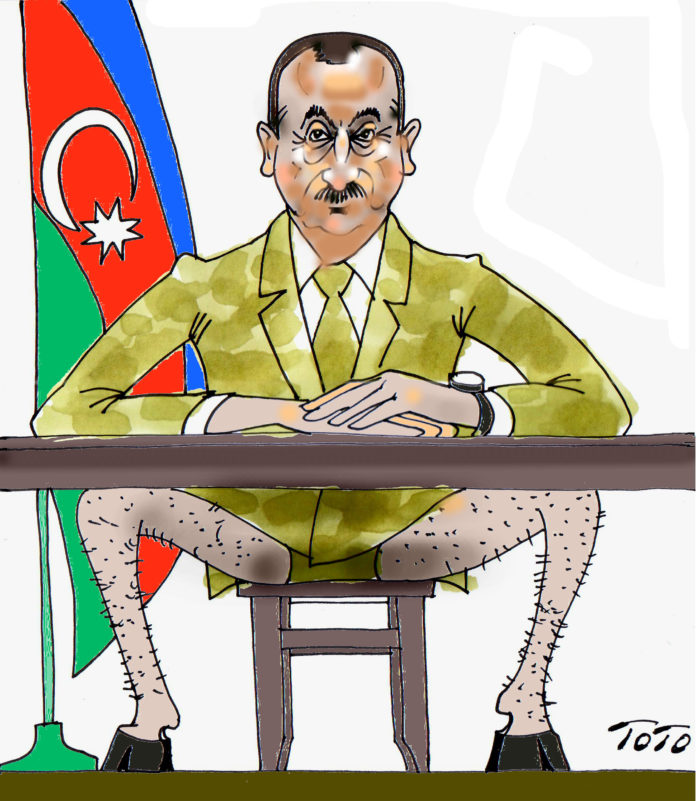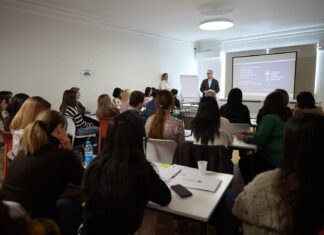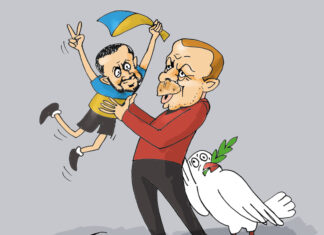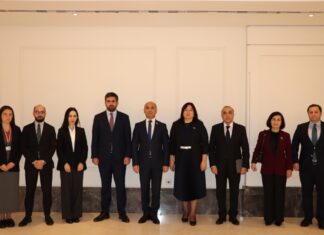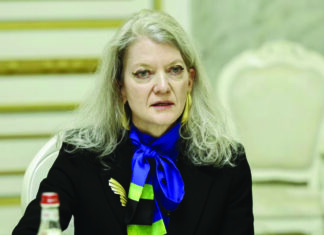By Edmond Y. Azadian
While Armenia is undergoing an internal political transformation, it has to preserve its international relations and project its voice and concerns in international forums. There is no peace on Armenia’s borders nor in Karabakh. Soldiers and civilians continue falling victim to ceasefire violations by Azerbaijan.
No justifiable reason nor explanation was offered as to why Azerbaijani President Ilham Aliyev decided to hold a snap presidential election in April rather than its normal time in October. It is obvious that whenever those elections are held, the Aliyev dynasty’s rule for perpetuity is a foregone conclusion.
In the course of the election campaign, the New Azerbaijan Party held its sixth congress to feature its new and old candidate, Aliyev. It was not enough to hear the Azeri president’s continued bellicose comments threatening to solve the Karabakh conflict through force; he raised the ante at the said congress by further extending his territorial ambitions to Yerevan, Zangezur and Sevan, which he claimed had been historic Azeri lands and that it was Baku’s “strategic goal” to regain those territories. He was reading from a prepared text and thus his comments could not be construed as a slip of the tongue in a heated moment.
After a backlash to this outrageous claim, one member of parliament representing the New Azerbaijan Party, Rasim Musabekov, tried to reinterpret Aliyev’s claim to mean the return of Azeri people to their homes in those territories. It was an awkward justification, especially when the counterpart of the claim was absent. Indeed, if ethnic Azeris wish to return to their homes in Armenia, how about the fate of Armenians who were expelled from Baku, Sumgait and Ganja during the pogroms committed by Azerbaijan?



